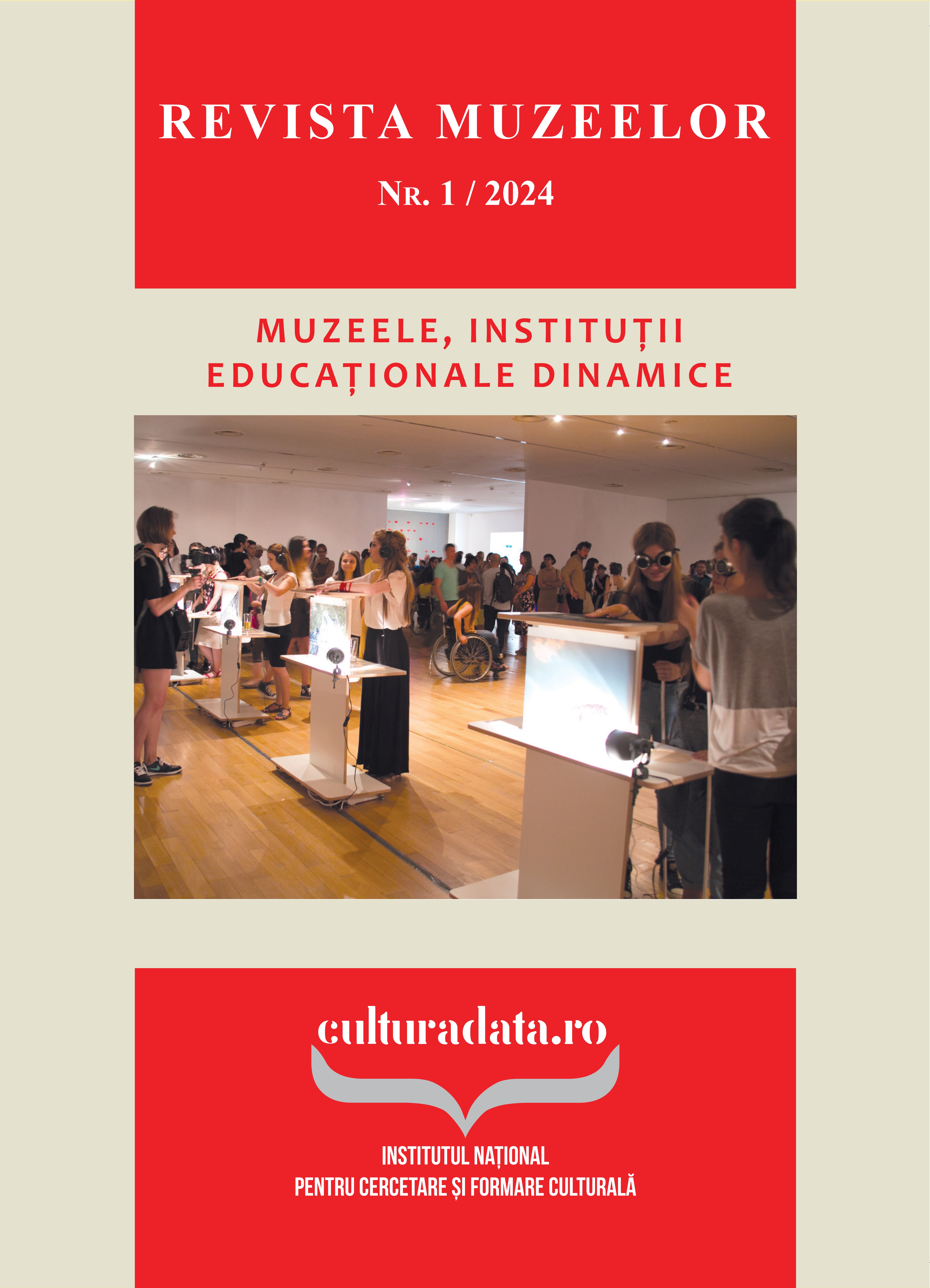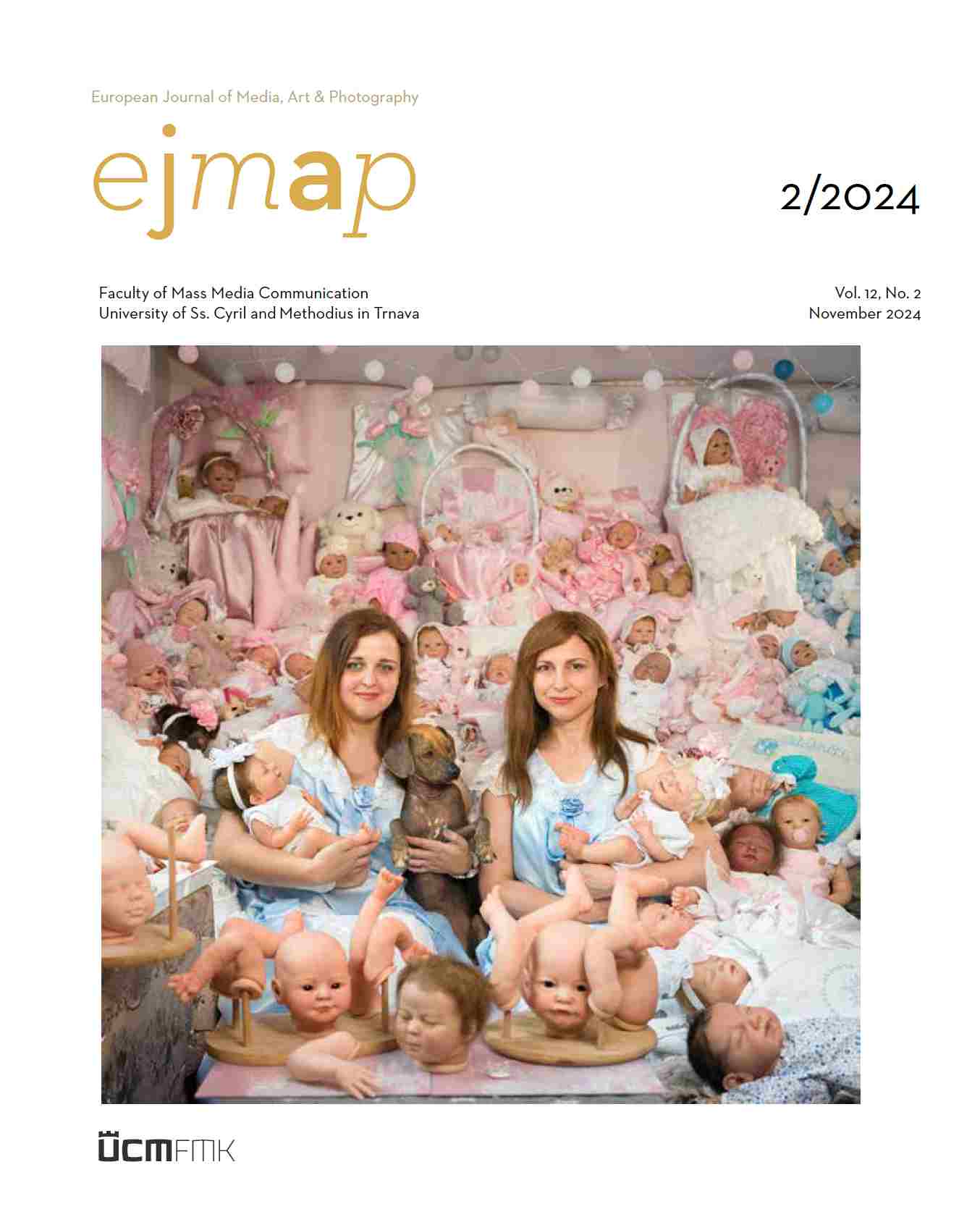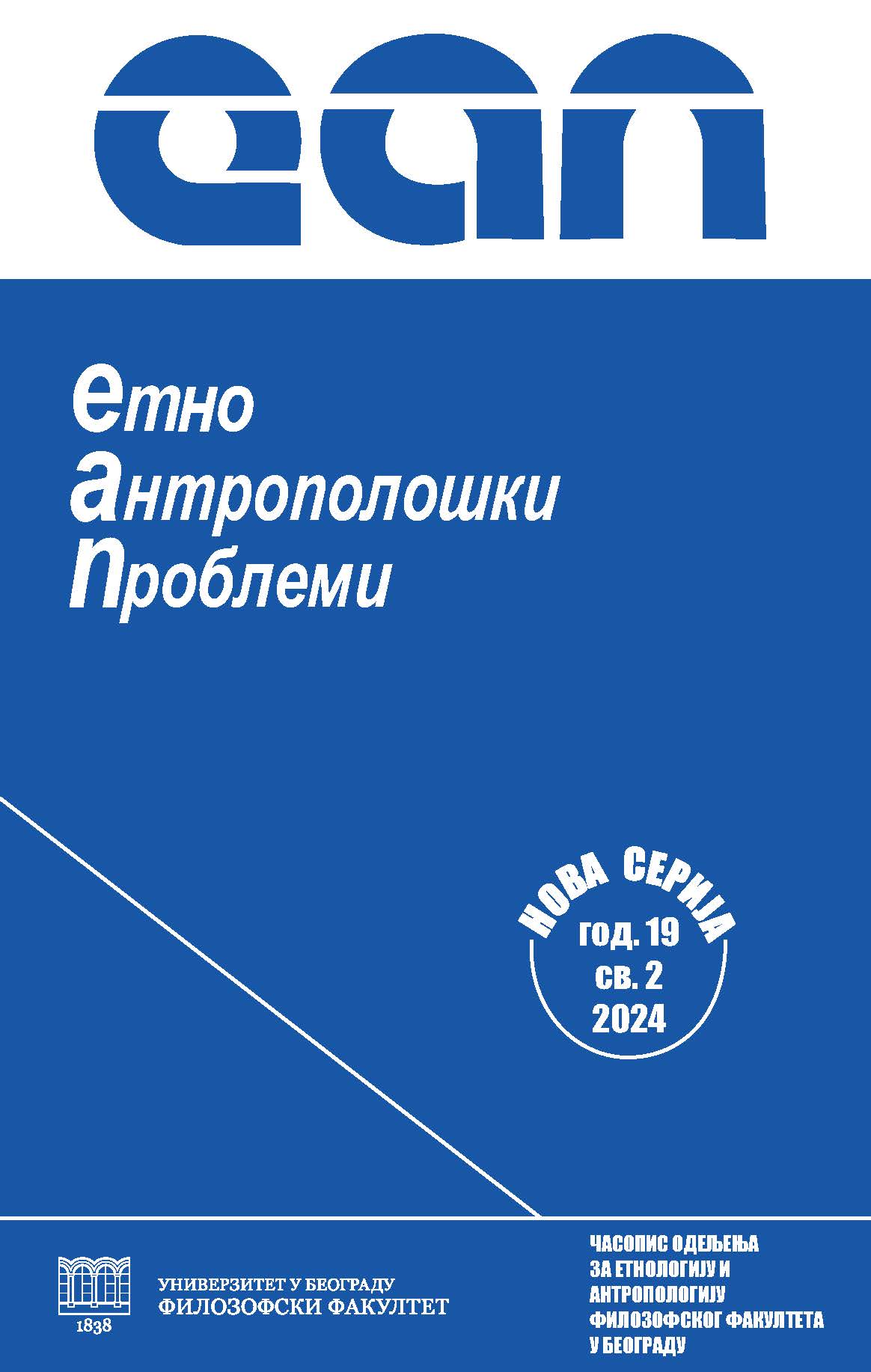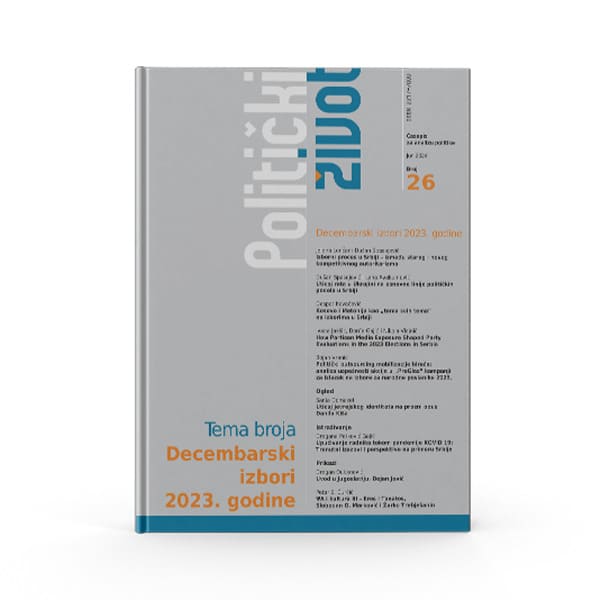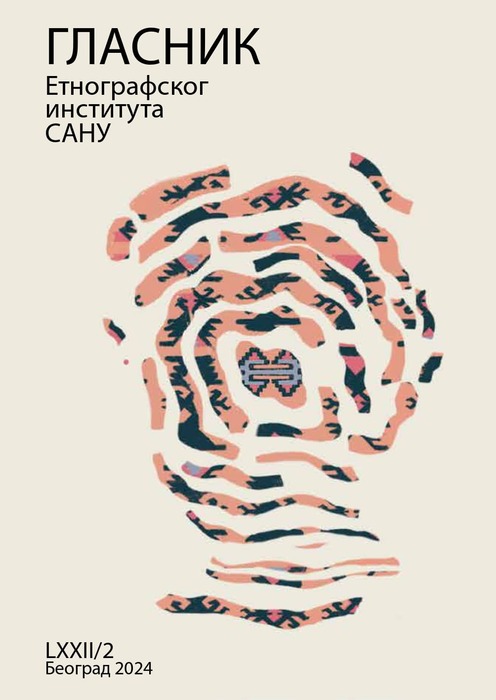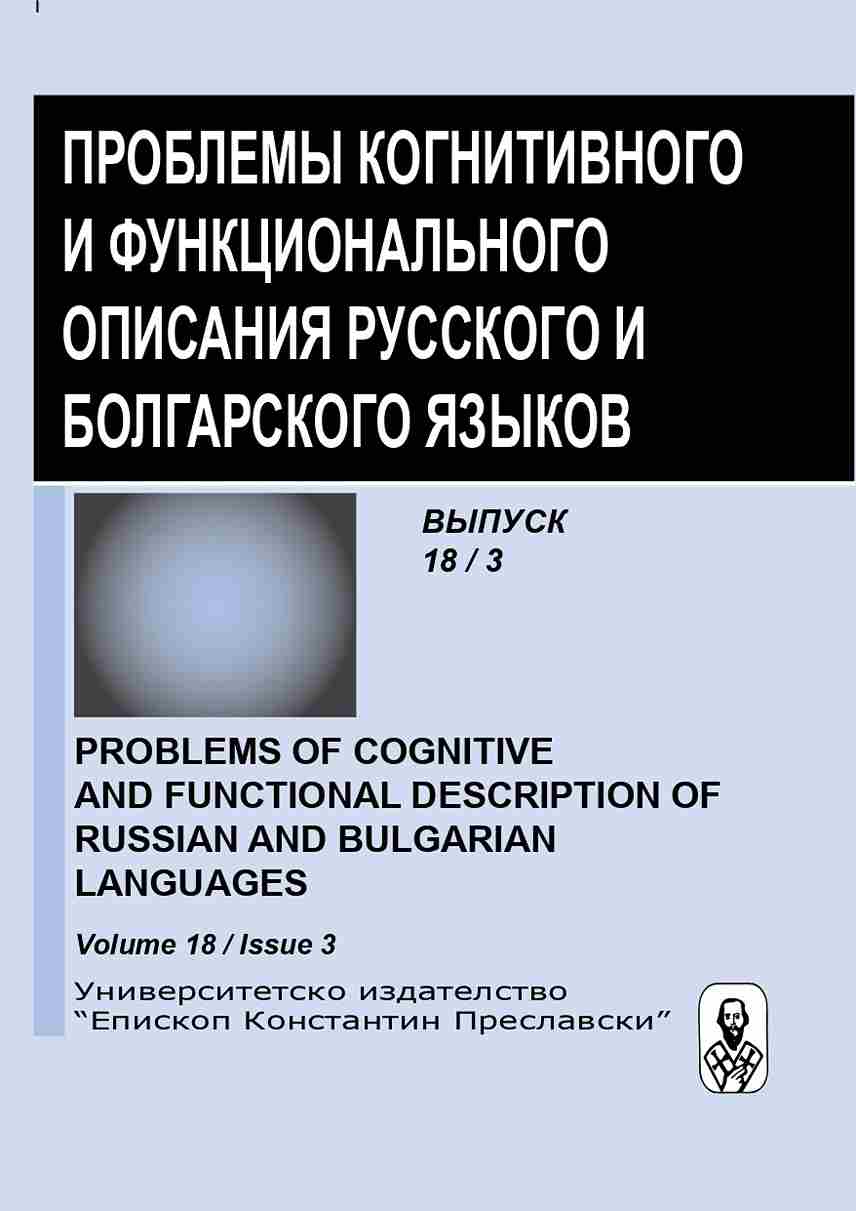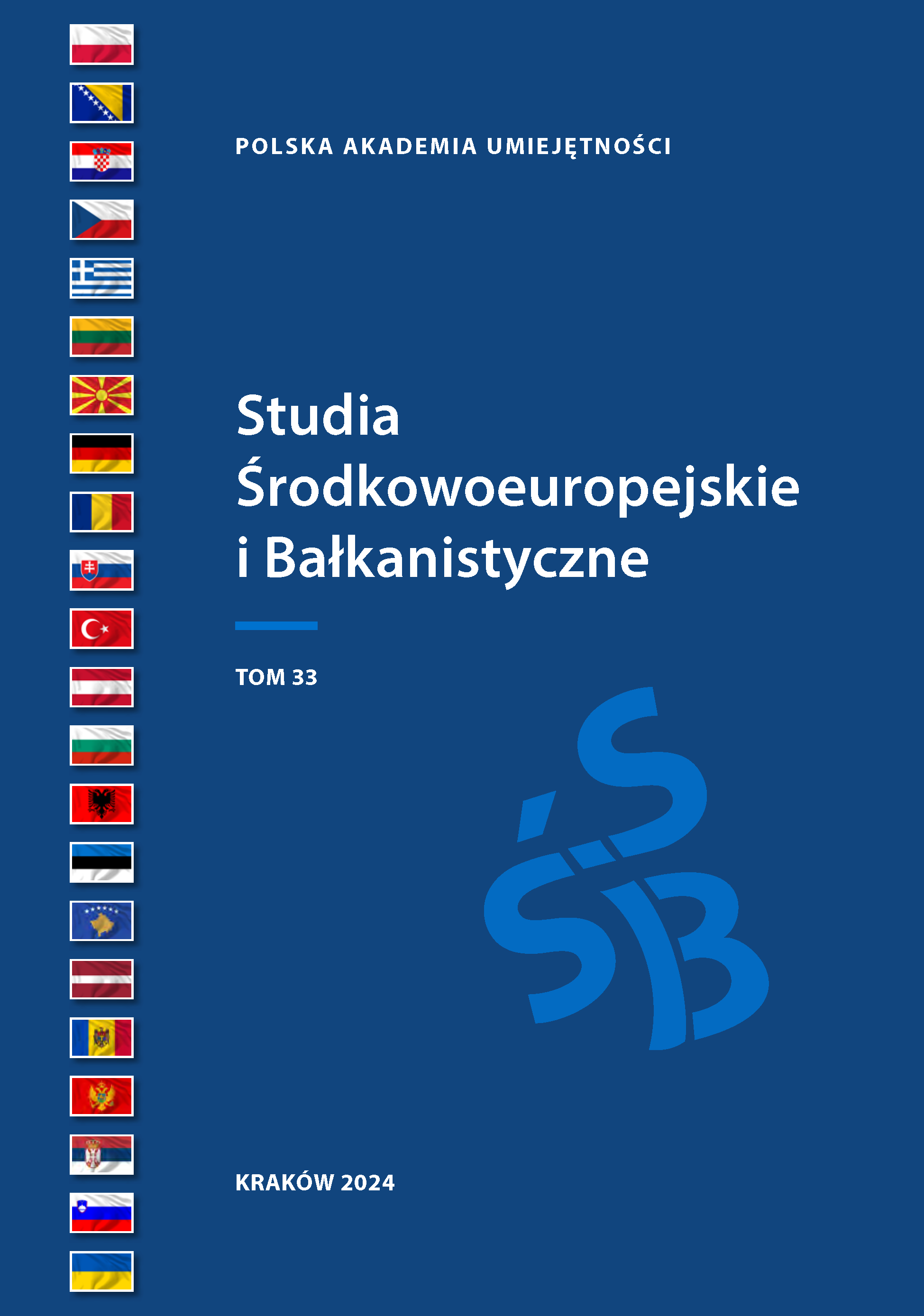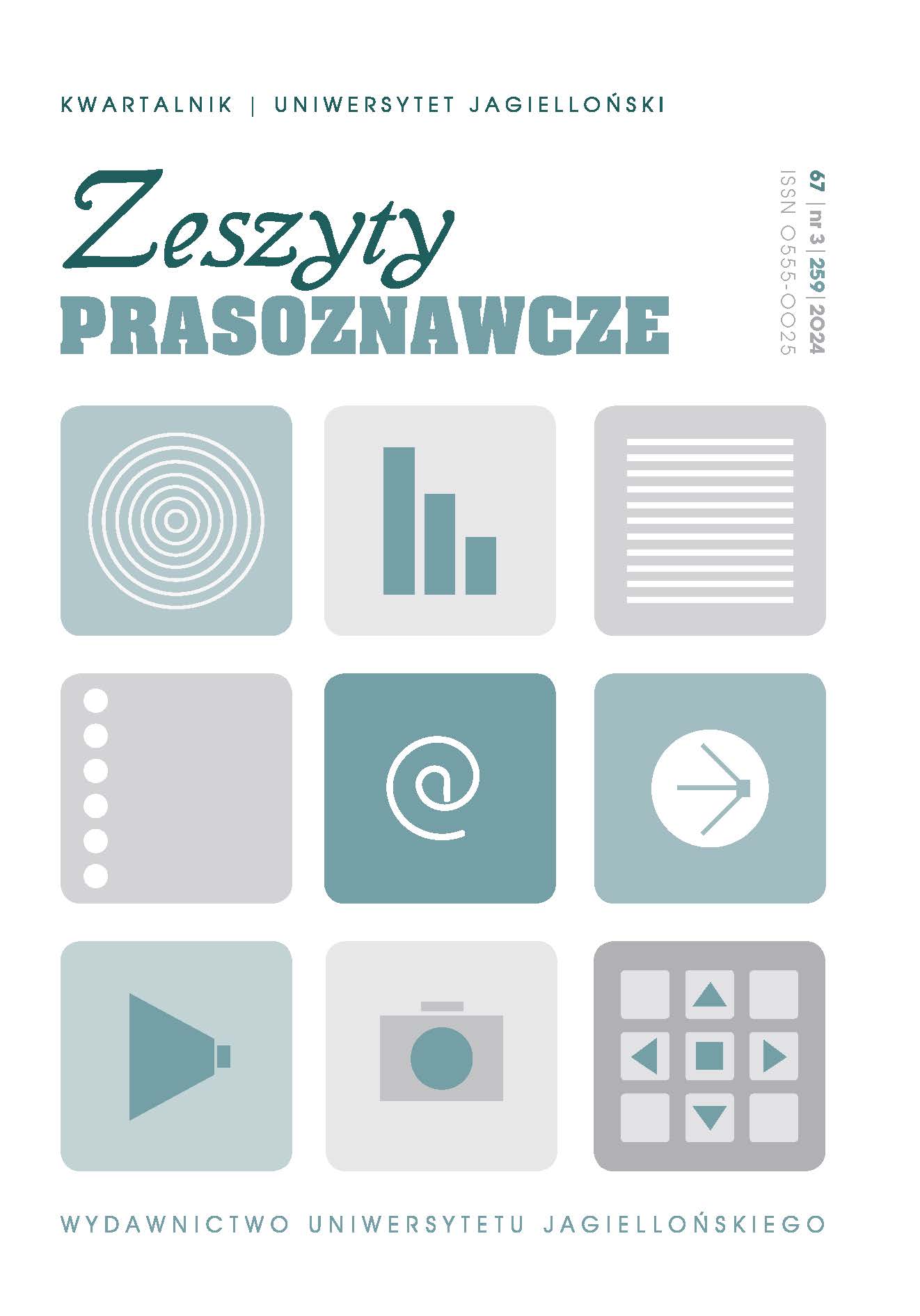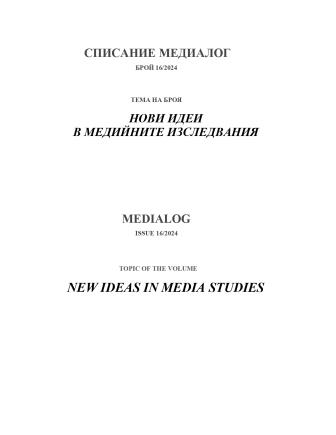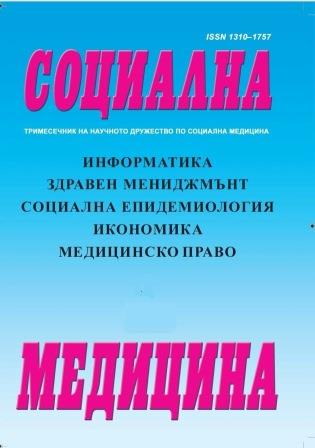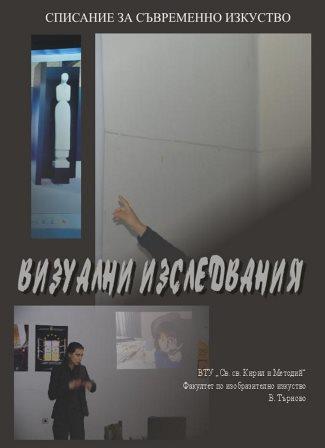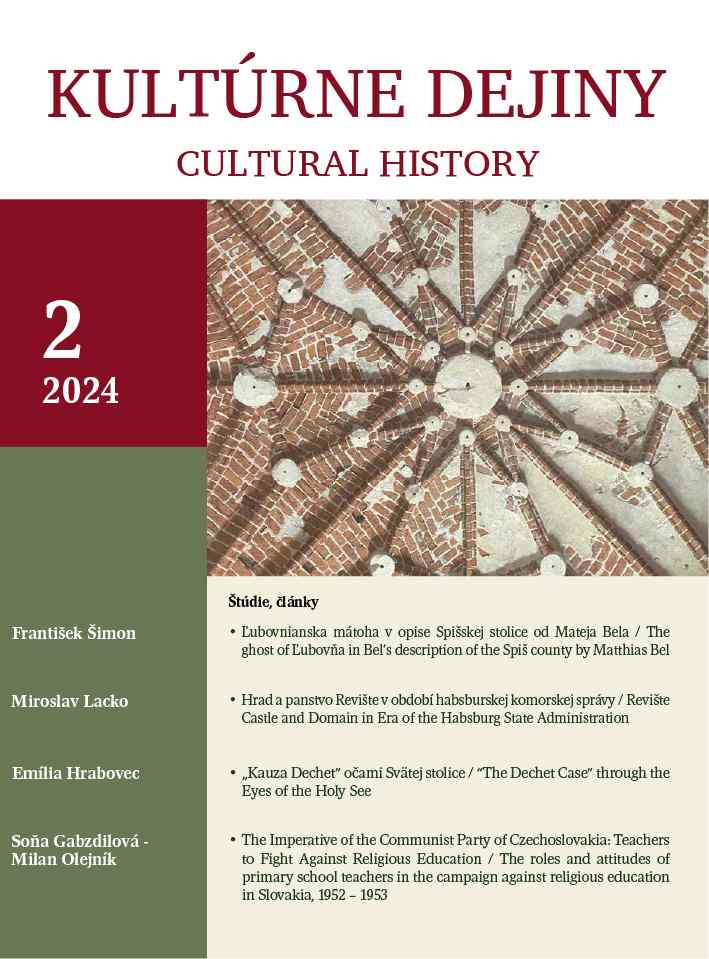
The Imperative of the Communist Party of Czechoslovakia: Teachers to Fight Against Religious Education
The paper deals with a complex issue – the involvement of the teachers at primary educational institutions (the first [first to fourth grade] and second schools levels [fifth to ninth grade] at that time) in the anti-religious campaign – the campaign to sign children up for religious education, launched by the Communist Party of Czechoslovakia in the early 1950s that escalated in the 1952/1953 school year. It refers to the fundamental postulate of the Communists in the field of school policy – to educate pupils in accordance with the ideological doctrine of Marxism-Leninism, including the inseparable component of atheism. The result of the educational process aimed to create a young generation with a materialistic worldview. In this context, the first step was to limit children's participation in religious education in the first and second levels of school. The study presents the policy of the ruling political party's attempt to achieve the lowest possible attendance of pupils in classes of religious education and the different steps that the communist regime used to achieve this goal. It analyzes the participation and attitudes of teachers in the campaign to enrol pupils in religious education and highlights the primary role of teachers, who played an indispensable part in that campaign. The campaign focused primarily on persuading parents not to enroll their children in classes of religious education. As civil servants, the teachers were used by the Communist Party of Czechoslovakia in the pursuit of its goals. The paper points to the fact that school staff, similar to Slovak society as a whole, overwhelmingly supported a religious worldview, which was confirmed by the results of a census conducted in March 1950. It was therefore necessary to ‘re-educate and vet teachers'. In this context, the study discusses the various new forms of ‘education' of teachers in order to achieve the highest possible number of those in their ranks who would at least formally declare their atheistic position.
More...
